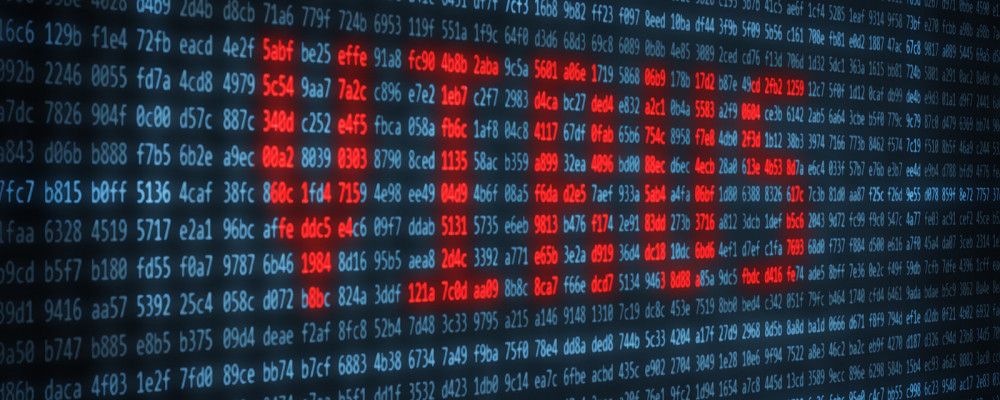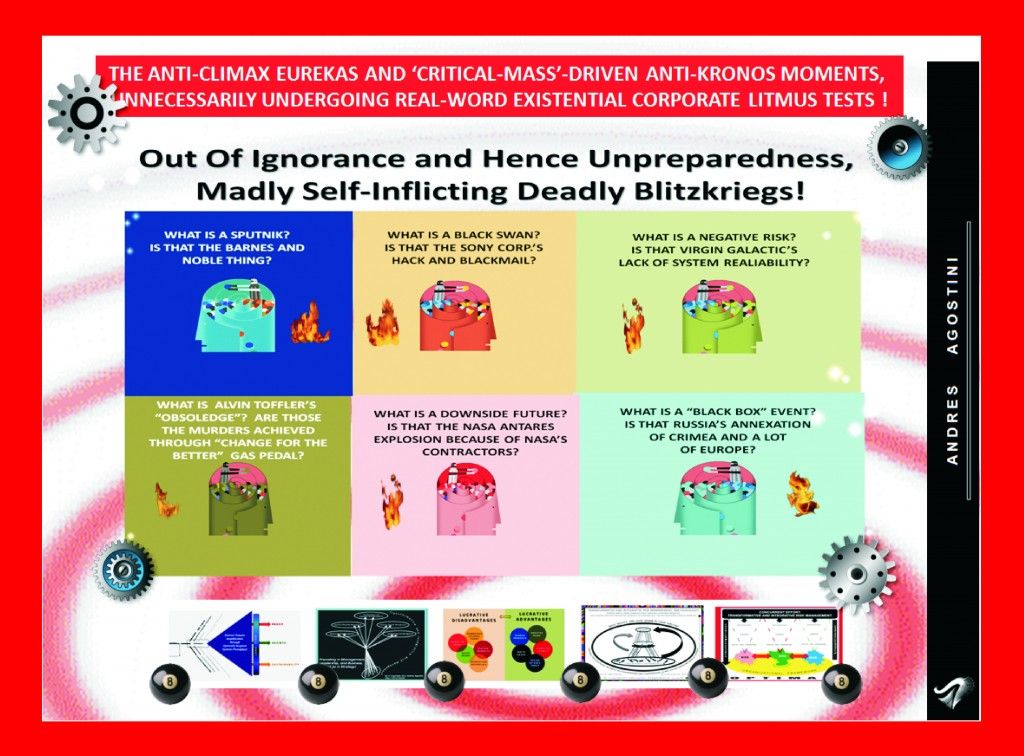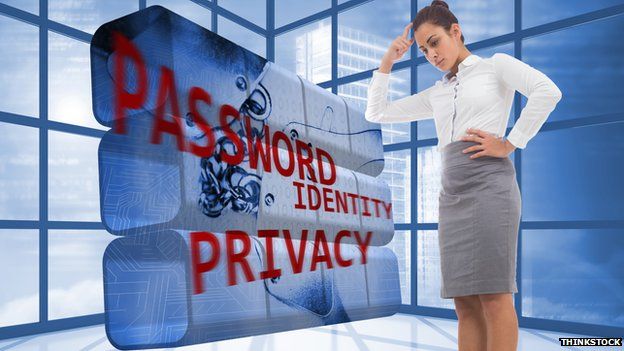Quoted: “Legendary cyberculture icon (and iconoclast) R.U. Sirius and Jay Cornell have written a delicious funcyclopedia of the Singularity, transhumanism, and radical futurism, just published on January 1.” And: “The book, “Transcendence – The Disinformation Encyclopedia of Transhumanism and the Singularity,” is a collection of alphabetically-ordered short chapters about artificial intelligence, cognitive science, genomics, information technology, nanotechnology, neuroscience, space exploration, synthetic biology, robotics, and virtual worlds. Entries range from Cloning and Cyborg Feminism to Designer Babies and Memory-Editing Drugs.” And: “If you are young and don’t remember the 1980s you should know that, before Wired magazine, the cyberculture magazine Mondo 2000 edited by R.U. Sirius covered dangerous hacking, new media and cyberpunk topics such as virtual reality and smart drugs, with an anarchic and subversive slant. As it often happens the more sedate Wired, a watered-down later version of Mondo 2000, was much more successful and went mainstream.”
Read the article here >https://hacked.com/irreverent-singularity-funcyclopedia-mondo-2000s-r-u-sirius/






 Quoted: “Tony Williams, the founder of the British-based legal consulting firm, said that law firms will see nearly all their process work handled by artificial intelligence robots. The robotic undertaking will revolutionize the industry, “completely upending the traditional associate leverage model.” And: “The
Quoted: “Tony Williams, the founder of the British-based legal consulting firm, said that law firms will see nearly all their process work handled by artificial intelligence robots. The robotic undertaking will revolutionize the industry, “completely upending the traditional associate leverage model.” And: “The 









